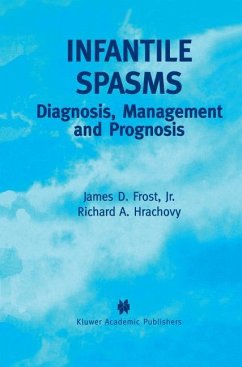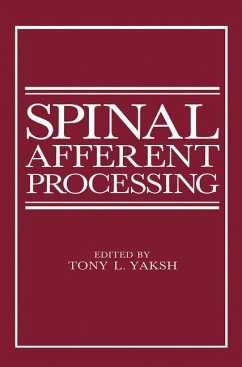
Hypoxia
Translation in Progress
Herausgegeben: Roach, Robert C.; Hackett, Peter H.; Wagner, Peter D.

PAYBACK Punkte
76 °P sammeln!
The latest in a series of books from the International Hypoxia Symposia, this volume spans reviews on key topics in hypoxia, and abstracts from poster and oral presentations. The biannual International Hypoxia Symposia are dedicated to hosting the best basic scientific and clinical minds to focus on the integrative and translational biology of hypoxia. Long before 'translational medicine' was a catchphrase, the founders of the International Hypoxia Symposia brought together basic scientists, clinicians and physiologists to live, eat, ski, innovate and collaborate in the Canadian Rockies.This c...
The latest in a series of books from the International Hypoxia Symposia, this volume spans reviews on key topics in hypoxia, and abstracts from poster and oral presentations. The biannual International Hypoxia Symposia are dedicated to hosting the best basic scientific and clinical minds to focus on the integrative and translational biology of hypoxia. Long before 'translational medicine' was a catchphrase, the founders of the International Hypoxia Symposia brought together basic scientists, clinicians and physiologists to live, eat, ski, innovate and collaborate in the Canadian Rockies.
This collection of reviews and abstracts is divided into six sections, each covering new and important work relevant to a broad range of researchers interested in how humans adjust to hypoxia, whether on the top of Mt. Everest or in the pulmonary or cardiology clinic at low altitude. The sections include:
Epigenetic Variations in Hypoxia
High Altitude Adaptation
Hypoxia and Sleep
Hypoxia and the Brain
Molecular Oxygen Sensing
Physiological Responses to Hypoxia
This collection of reviews and abstracts is divided into six sections, each covering new and important work relevant to a broad range of researchers interested in how humans adjust to hypoxia, whether on the top of Mt. Everest or in the pulmonary or cardiology clinic at low altitude. The sections include:
Epigenetic Variations in Hypoxia
High Altitude Adaptation
Hypoxia and Sleep
Hypoxia and the Brain
Molecular Oxygen Sensing
Physiological Responses to Hypoxia














